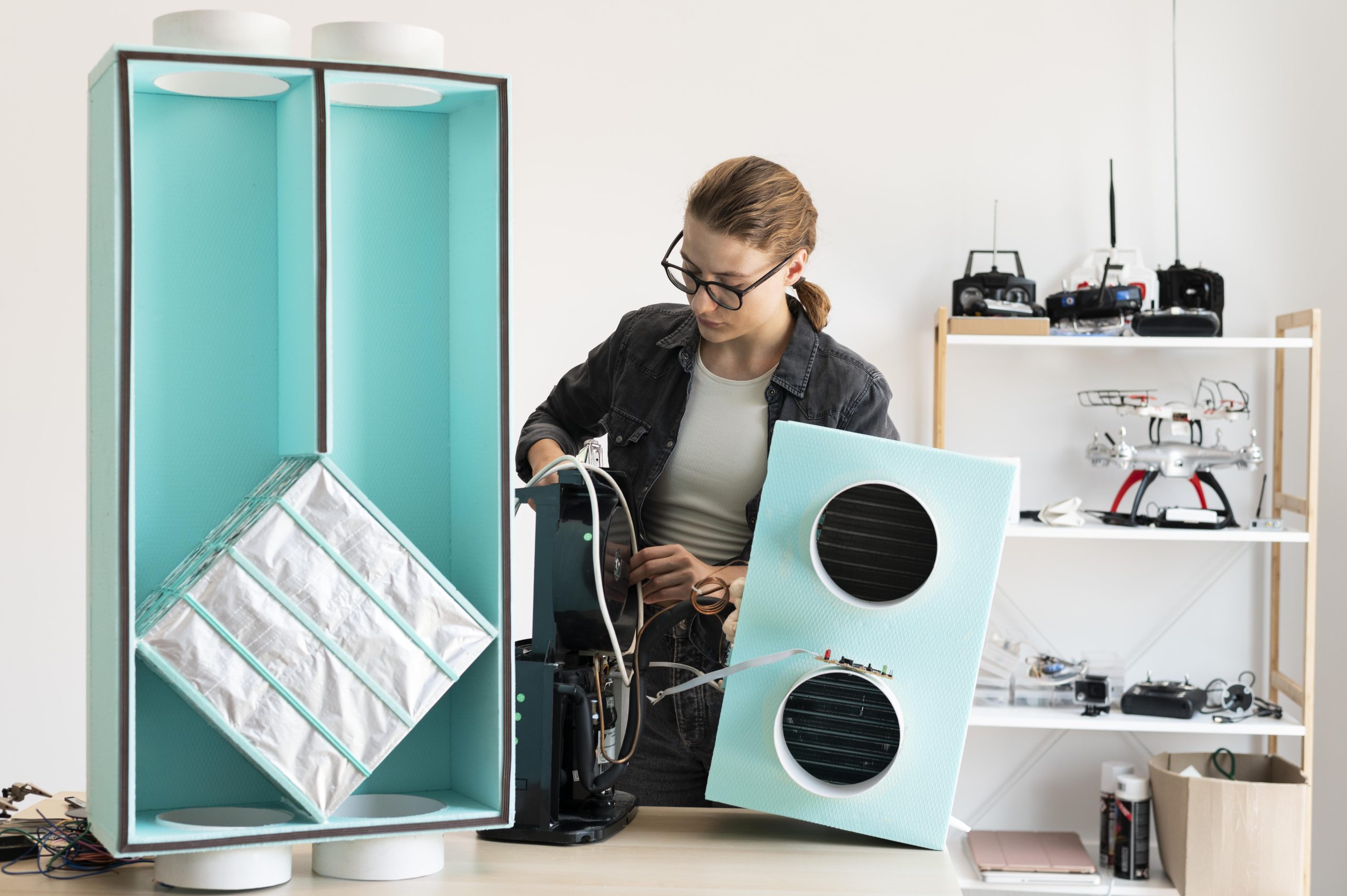Humidity can be one of the biggest enemies of electronic devices. Excess moisture in the air can lead to corrosion, short circuits, and damage that often requires costly electronics repair. For people living in humid climates, knowing how to properly store electronics can make the difference between long-lasting devices and frequent repair bills.
Why Humidity is a Threat to Electronics
Moisture affects the internal components of electronics in several ways. When humid air comes into contact with metal parts, corrosion starts to form. Over time, this corrosion can weaken solder joints, damage wiring, and reduce the lifespan of devices. Additionally, condensation can form on circuit boards, increasing the risk of short circuits and failure.
Common Signs of Humidity Damage
Before looking at prevention strategies, it’s important to understand the warning signs of humidity damage:
- Rust or discoloration on metal components
- Foggy or moisture-trapped screens
- Devices failing to power on consistently
- Unusual buzzing or crackling sounds
Spotting these issues early can help you seek professional electronics repair before the damage becomes permanent.
Proper Storage Environment
The first step in protecting electronics is creating the right storage conditions. Ideally, electronics should be kept in a cool, dry space with stable temperature. Basements, garages, or outdoor sheds often have higher humidity levels and should be avoided unless they are climate-controlled.
Use Climate Control
Investing in a dehumidifier or air conditioner for rooms where electronics are stored is one of the best defenses against moisture. Maintaining relative humidity between 30% and 50% significantly reduces the risk of damage.
Avoid Direct Floor Storage
Placing electronics directly on the floor, especially in humid areas, makes them more susceptible to moisture. Use shelving or cabinets to keep devices elevated and safe.
Protective Storage Materials
Silica Gel and Desiccants
Silica gel packets absorb excess moisture and are perfect for small electronic items. Placing these packets inside storage boxes or device cases adds an extra layer of protection.
Airtight Containers
For items that won’t be used for long periods, airtight containers or sealed plastic bins can help prevent humidity exposure.
Anti-Static Bags
When storing circuit boards or smaller components, anti-static bags not only protect against static electricity but also reduce exposure to humid air.
Regular Maintenance to Prevent Damage

Even with proper storage, devices should be checked and cleaned regularly. Dust, combined with humidity, can accelerate corrosion. A gentle wipe with a microfiber cloth and appropriate cleaning solutions can help prevent buildup.
If devices are used infrequently, it’s a good idea to power them on from time to time. Running the device allows internal heat to burn off light moisture and keeps components functional.
Special Considerations for Different Devices
Laptops and Computers
Computers are particularly vulnerable to humidity since they contain many delicate components. Keep them in dry rooms and avoid operating them in damp environments. Using cooling fans and proper ventilation also helps.
Audio Equipment
Speakers, amplifiers, and DJ equipment can suffer when humidity seeps into wooden or fabric components. Store them in climate-controlled spaces and cover them when not in use.
Mobile Devices
While many smartphones now come with water resistance, they are not immune to long-term exposure to humidity. Storing them in cases with moisture-absorbing packets can help when traveling in tropical climates.
When Electronics Repair Becomes Necessary
Despite best efforts, electronics may sometimes show signs of moisture damage. Attempting DIY fixes without the right tools can worsen the problem. Professional electronics repair specialists have the skills to clean corrosion, replace damaged parts, and restore devices to working condition.
If you notice persistent issues such as screen flickering, overheating, or devices not charging, it’s best to seek expert help quickly. Early repair often prevents complete failure.
Conclusion
Electronics are valuable investments, and protecting them in humid climates requires careful storage and maintenance. By using proper storage conditions, moisture-absorbing materials, and regular upkeep, you can extend the lifespan of your devices and reduce the need for repairs. However, if damage does occur, timely professional electronics repair ensures your devices remain reliable.
Keeping humidity in check not only protects your electronics but also saves you from unnecessary expenses and inconvenience.







